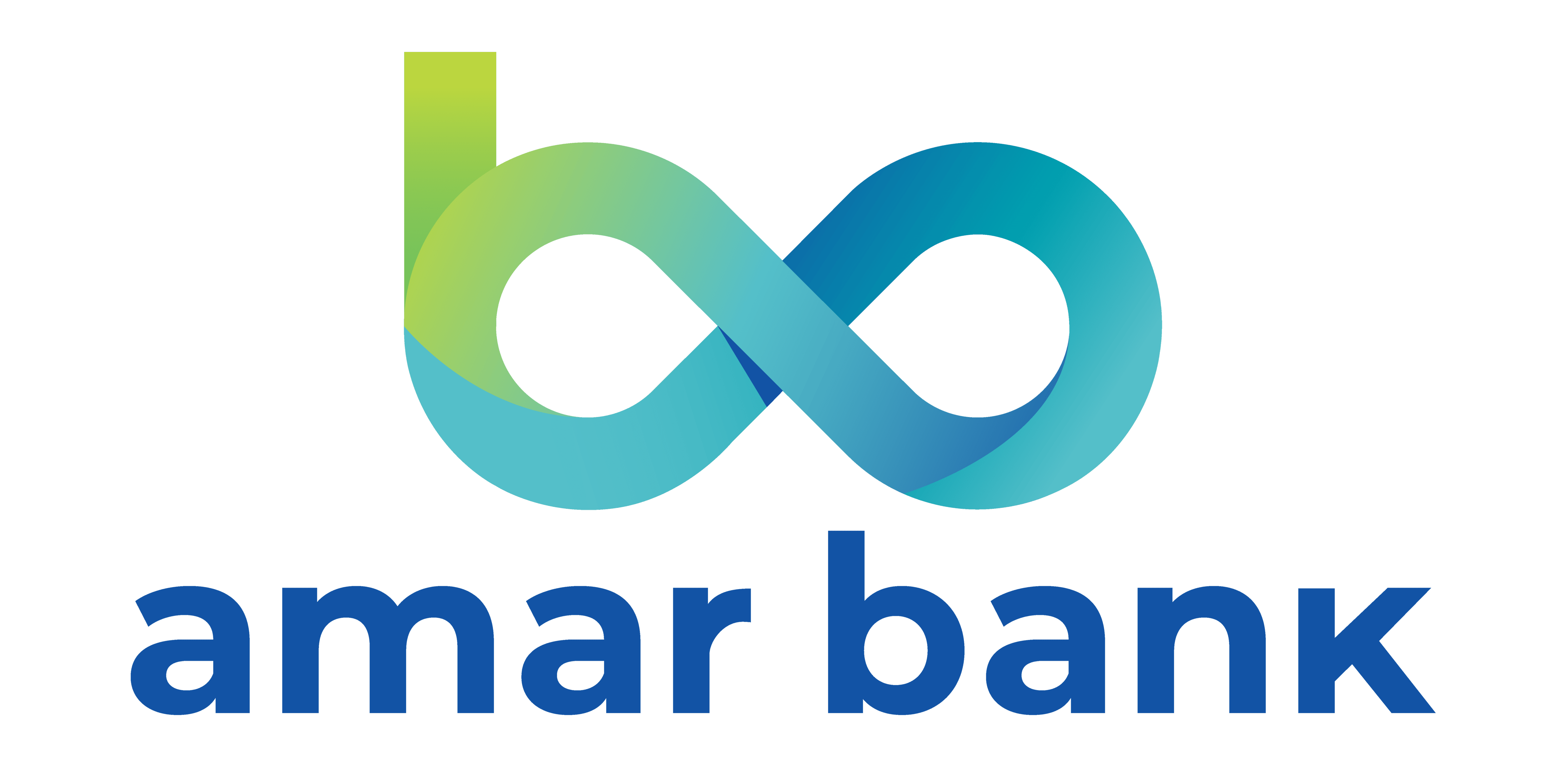Indonesia’s digital bank pioneer creates more smiles with the help of MongoDB Atlas


“The migration to MongoDB Atlas was very simple with absolutely no downtime. With some of the other database technologies, we had some issues getting it into the cloud”
Ahmad Fikri
VP Infrastructure, Operation & Cyber Security, Amar Bank
VP Infrastructure, Operation & Cyber Security, Amar Bank

“The multi-cloud element gives us flexibility as we grow and adapt our cloud strategy. MongoDB opens the door for our multi-cloud future”
Kevin Kane
Chief Technology Officer, Amar Bank
Chief Technology Officer, Amar Bank
Take the next step
Get access to all the tools and resources you need to start building something great when you register today.
.svg)